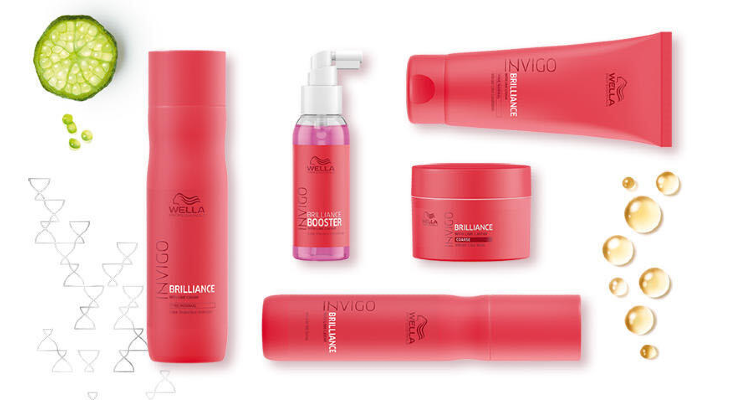Beauty Packaging Staff12.01.20
On November 30, Coty Inc. completed the sale of a majority stake in its Professional and Retail Hair business – including the Wella, Clairol, OPI and ghd brands – to KKR.
As part of the transaction, Coty has received net cash proceeds of approximately $2.5 billion, and will retain a 40% stake in the business. Coty expects to utilize approximately $2 billion of the net proceeds to pay down its Term Loans A and B on a pro rata basis, with the remainder used for general corporate purposes, including initially paying down its revolver.
Following the Wella divestment – and with expected positive cash flow in Q2 2021 – Coty is expected to reduce its financial net debt from $7.9 billion to approximately $5.0 billion. Taking into account Coty’s retained 40% Wella stake (initially valued at $1.3 billion), the company’s economic net debt will stand below $4.0 billion, a substantial reduction that will enhance Coty’s flexibility to invest behind key brands and navigate a dynamic operating environment.
Comments from Coty CEO
Commenting on the announcement, Sue Y. Nabi, Coty's CEO, said, "Today marks an important milestone in Coty’s transformation and the development of a stronger, more focused and flexible business that’s set up for long-term success.
Nabi continued, “The Wella divestment reflects the excellent progress being made in improving Coty’s leverage profile. This substantial debt reduction will, in turn, enable us to increase investments behind our strategic priorities, including strengthening our business in core markets and categories, while simultaneously fueling our new growth engines: e-commerce & DTC, skincare, prestige make-up and Asia.”
According to Nabi, the Wella sale is also a key part of the simplification of Coty: streamlining its structure to focus on its two core businesses: Prestige Beauty and Consumer Beauty.
Shareholders
JAB remains Coty’s largest shareholder, with 50% ownership in the company, while KKR and Coty’s Executive Chairman Peter Harf are the second and third largest shareholders, with a 15% and 5% stake, respectively, following the expected completion of Peter Harf’s purchase of a portion of KKR’s Series B preferred convertible shares.
As part of the transaction, Coty has received net cash proceeds of approximately $2.5 billion, and will retain a 40% stake in the business. Coty expects to utilize approximately $2 billion of the net proceeds to pay down its Term Loans A and B on a pro rata basis, with the remainder used for general corporate purposes, including initially paying down its revolver.
Following the Wella divestment – and with expected positive cash flow in Q2 2021 – Coty is expected to reduce its financial net debt from $7.9 billion to approximately $5.0 billion. Taking into account Coty’s retained 40% Wella stake (initially valued at $1.3 billion), the company’s economic net debt will stand below $4.0 billion, a substantial reduction that will enhance Coty’s flexibility to invest behind key brands and navigate a dynamic operating environment.
Comments from Coty CEO
Commenting on the announcement, Sue Y. Nabi, Coty's CEO, said, "Today marks an important milestone in Coty’s transformation and the development of a stronger, more focused and flexible business that’s set up for long-term success.
Nabi continued, “The Wella divestment reflects the excellent progress being made in improving Coty’s leverage profile. This substantial debt reduction will, in turn, enable us to increase investments behind our strategic priorities, including strengthening our business in core markets and categories, while simultaneously fueling our new growth engines: e-commerce & DTC, skincare, prestige make-up and Asia.”
According to Nabi, the Wella sale is also a key part of the simplification of Coty: streamlining its structure to focus on its two core businesses: Prestige Beauty and Consumer Beauty.
Shareholders
JAB remains Coty’s largest shareholder, with 50% ownership in the company, while KKR and Coty’s Executive Chairman Peter Harf are the second and third largest shareholders, with a 15% and 5% stake, respectively, following the expected completion of Peter Harf’s purchase of a portion of KKR’s Series B preferred convertible shares.

















